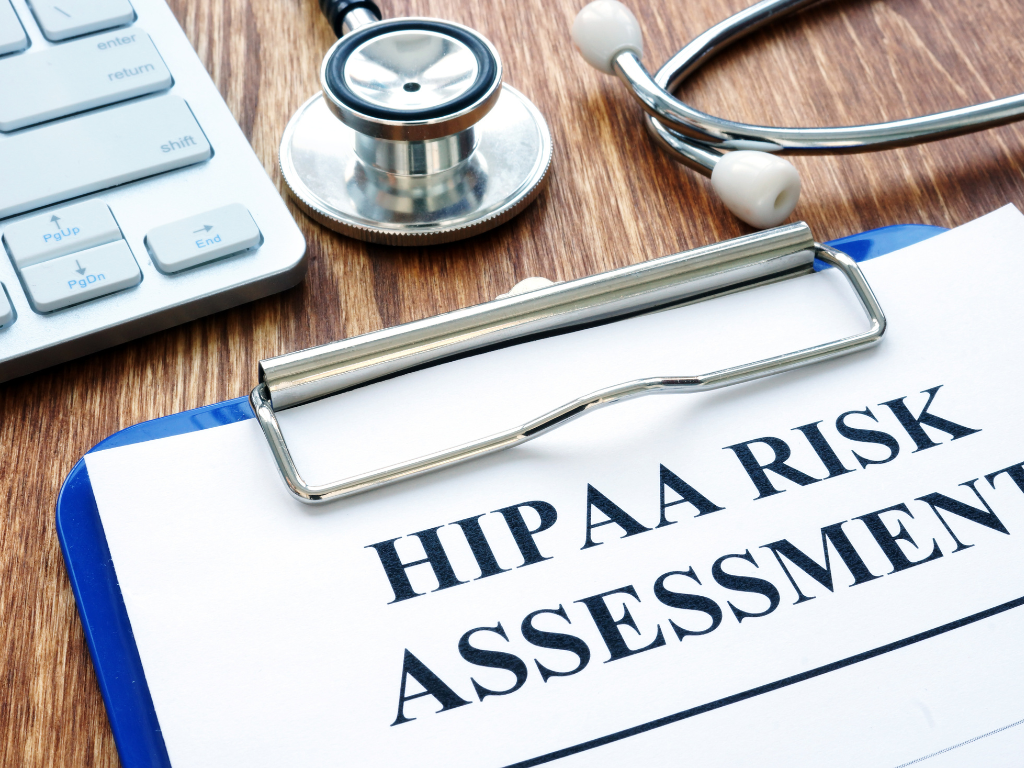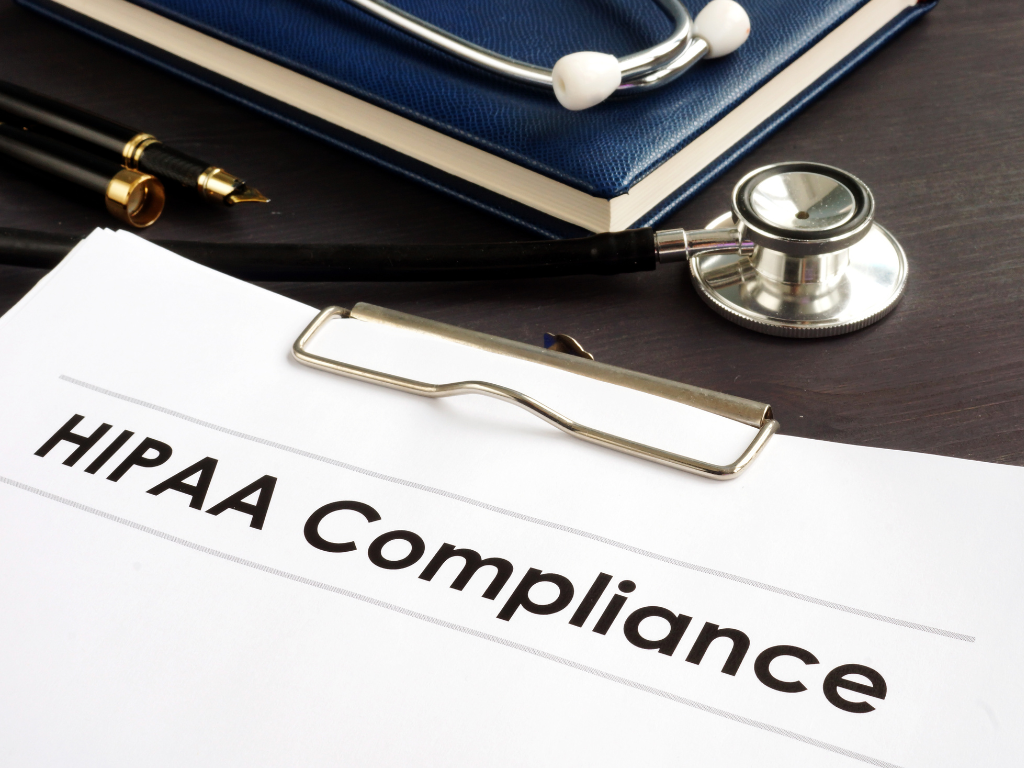Healthcare providers increasingly rely on technology for communication and collaboration. One such tool that has gained popularity is Webex. But a critical question that needs answering is: Is Webex HIPAA compliant?
This article aims to provide a comprehensive analysis of Webex’s adherence to HIPAA regulations. We’ll start by exploring the significance of HIPAA compliance in telehealth, then delve into the specifics of Webex’s compliance status. Further, we’ll outline the necessary steps to ensure HIPAA compliance while using Webex and conclude by discussing some potential alternatives.
Table of Contents
Understanding the Vital Role of HIPAA Compliance in Telehealth
As HIPAA establishes standards to safeguard patients’ protected health information, its importance in telehealth cannot be overstated. Telehealth services are deemed HIPAA compliant when they adhere to policies and safeguards that align with the HIPAA Privacy and Security Rules. Thus, understanding these requirements and ensuring their implementation is essential for any telehealth service.
However, it’s crucial to note that HIPAA compliance isn’t merely about technology; it combines physical, administrative, and technical safeguards. While telehealth platforms like Webex can support HIPAA compliance, the ultimate responsibility lies with healthcare providers to ensure these safeguards are effectively applied. Maintaining rigorous HIPAA compliance will remain vital to delivering safe, secure, and efficient healthcare services as telehealth expands in the future.
Is Webex HIPAA Compliant?
Webex is a platform popular for virtual communication and collaboration. But is Webex compliant with HIPAA? Technically, Webex integrates administrative and technical safeguards that align with the stipulations of HIPAA. These safeguards contribute to Webex’s robust privacy and security practices. These also contribute to the customers’ privacy compliance needs.
However, it’s crucial to note that while Webex provides the necessary tools and features for HIPAA compliance, the covered entities are responsible for ensuring the correct configuration and usage of the platform by HIPAA rules.
Moreover, provided that a Business Associate Agreement (BAA) has been signed with Cisco for Webex for Healthcare, Webex can be deemed a HIPAA-compliant solution. Healthcare organizations can utilize Webex for their telehealth services by adhering strictly to HIPAA rules and guidelines.

Steps to Ensure HIPAA Compliance with Webex
To ensure Webex compliance with HIPAA, follow these steps:
1. Sign a BAA
Before utilizing Webex for any healthcare-related communication, sign a BAA with Cisco. This agreement outlines the responsibilities and safeguards both parties agree to implement to protect patient health information.
2. Configure Webex settings properly
Ensure that all settings are configured to maintain the privacy and security of patient information. This includes enabling end-to-end encryption, disabling recording features when unnecessary, and setting up secure meeting access controls.
3. Train staff
All users should be trained on the proper use of Webex and the importance of HIPAA compliance. They should understand how to utilize the platform’s security features and be aware of potential threats to patient data privacy.
4. Conduct regular audits
Regularly audit your use of Webex to ensure ongoing compliance with HIPAA rules. This includes reviewing access controls, checking for security breaches, and ensuring that all data is adequately encrypted.
5. Establish a response plan
In case of a data breach or a security incident, you must have a response plan. This plan should outline the steps to mitigate the impact, investigate the cause, and notify affected parties as HIPAA requires.
Alternatives to Webex in Telehealth
Several alternatives to Webex for telehealth exist, many of which are HIPAA-compliant. Here are some of the top choices:
Zoom
Zoom for Healthcare offers video conferencing, cloud phone systems, chat, and content sharing in one platform. It is also compliant with HIPAA regulations. Furthermore, it supports secure integrations with electronic health record systems like Epic.
Microsoft Teams
As part of the Microsoft 365 suite, Teams provides various HIPAA-compliant communication tools, including video conferencing, chat, and file sharing. Teams also integrate well with other Microsoft apps and third-party applications.
Google Meet
Google Meet offers secure video meetings, high-definition video, and anti-abuse measures to ensure HIPAA compliance. It also integrates seamlessly with other Google Workspace apps like Gmail and Google Drive.
BlueJeans
BlueJeans offers HD video conferencing, Dolby Voice audio, and secure, encrypted meetings and is HIPAA-compliant. It also includes features designed explicitly for telehealth, such as patient waiting rooms.
GoToMeeting
This platform offers professional video conferencing services with features like screen sharing, meeting transcription, and cloud recording. It also includes robust security features like risk-based authentication to ensure HIPAA compliance.
Remember, while Webex and the alternatives mentioned are designed to be HIPAA-compliant, it is still up to the healthcare provider to ensure they adhere to HIPAA rules and regulations when using these tools.
HIPAA Compliance: A Cornerstone for Telehealth Success
As healthcare continues to embrace telehealth solutions, HIPAA compliance is more crucial than ever. By signing a BAA and implementing proper configurations, Webex can align with HIPAA requirements. However, healthcare entities must vigilantly train staff, conduct regular audits, and have robust response plans. Additionally, popular alternatives offer viable HIPAA-compliant options, each with its unique features for telehealth success.





